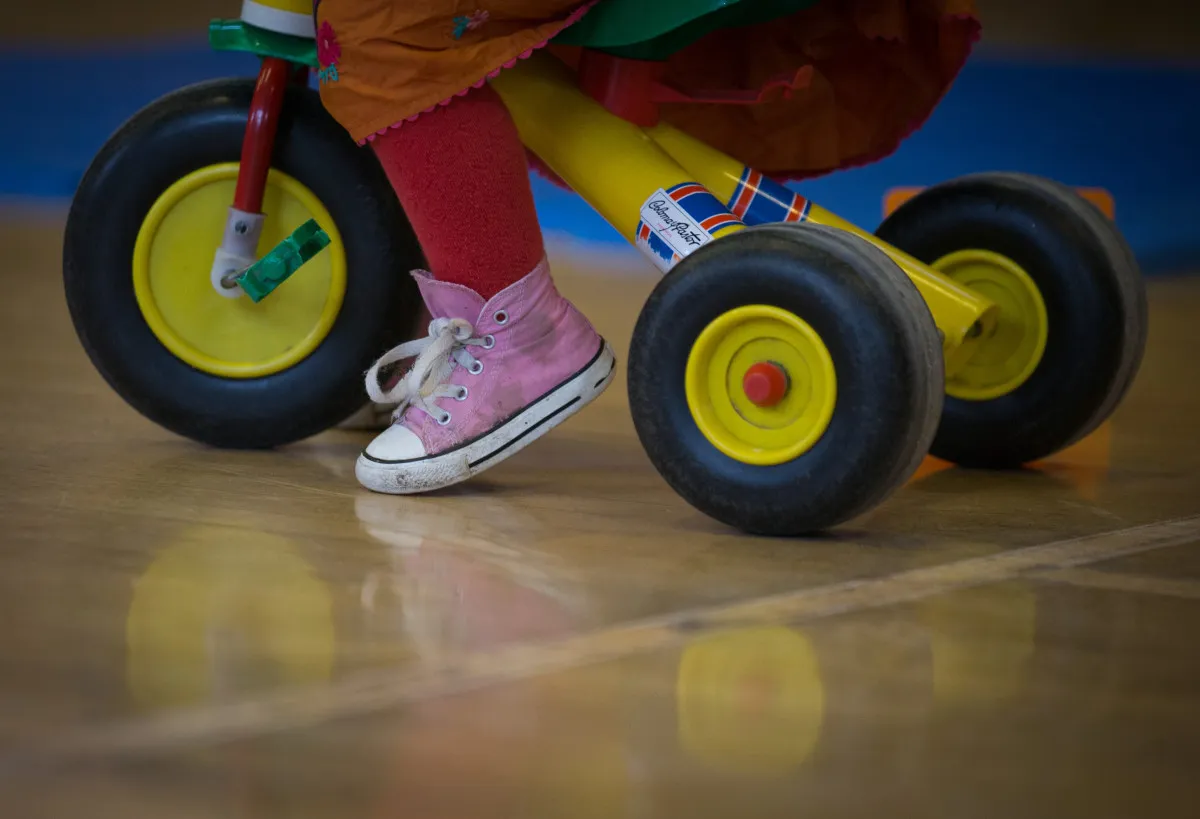Indiana appeals against ruling to allow same-sex parents’ names on birth certificates

Indiana is to appeal a ruling from 2016 which led to same-sex parents being listed on the birth certificates of their children.
A federal judge last year ruled that the US state of Indiana must list the names of both mothers on the birth certificates of their children.

US District Judge Tanya Walton Pratt issued the judgement in favour of eight lesbian couples, saying it was intended to end the “discriminatory” practice of previously only naming the birth mother on the certificates.
Indiana Attorney General Curtis Hill did not agree with the ruling, however; saying the state would appeal.
Pratt’s judgement from last year read: “There is no conceivable important governmental interest that would justify the different treatment of female spouses of artificially-inseminated birth mothers from the male spouses of artificially-inseminated birth mothers.”
The couples had argued in their legal action that they were forced to undergo lengthy and costly adoption processes in order to be recognised as the legal parent of their own child.
The state’s attorneys in April had defended the law as it stood, that couples had to go through adoption processes or be in a biological relationship.
A spokesperson for the Indiana State Department of Health at the time said the department “abides by the law and will continue to do so.”
The decision to appeal was criticised by Freedom Indiana.
Campaign manager Chris Paulsen said: “By putting the interest of children first, Judge Pratt’s ruling helps to ensure that all loving and capable parents are to be treated equally under the law, including same-sex couples. Sadly, Attorney General Hill’s decision puts politics ahead of LGBT families, and it further damages the state’s reputation as an open and welcoming place for all.”
The couples celebrated the ruling, and an attorney for them said the ruling “obviously buttresses our contention that this shouldn’t have been something that was litigated in the first place.”
“These families are now put on the same level as opposite-sex couples,” she said.

